Politics and Government
Adolphine Schwimmer-Vigeveno
Adolphine Schwimmer-Vigeveno was an active member of the Jewish Women’s Council in the Netherlands in the decades before the outbreak of World War II. She served as the general editor of its periodical and later as its president, stimulating solidarity among Jewish women, organizing Jewish social work, and exploring contemporary Jewish issues, including Zionism.
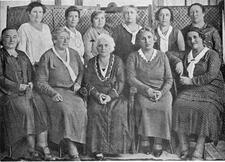
Second Aliyah: Women's Experience and Their Role in the Yishuv
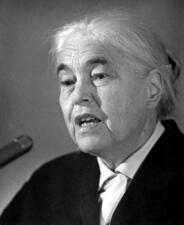
Anna Seghers
Anna Seghers is considered one of the most important German women writers of the twentieth century. Her many novels and stories written during her multiple exiles, including Das siebte Kreuz (1942) adapted into the Hollywood film “The Seventh Cross,” reflect her strong socialist and anti-fascist beliefs, and she remains controversially linked to her later involvement with the East German government.
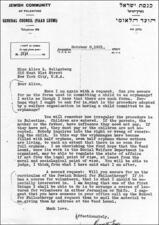
Alice Lillie Seligsberg
A passionate social worker and Zionist, Alice Lillie Seligsberg devoted herself to underprivileged youth and to the Zionist movement. Although Seligsberg is best known for her leadership in the national Hadassah organization, her work in social services in New York City also led to historic changes in the field.
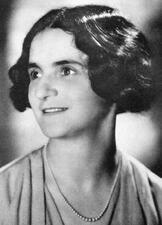
Toni Sender
Toni Sender’s wide-ranging quest to save the world led her from the union hall to the German Parliament (as a socialist) and finally to the United Nations. She helped found Germany’s Independent Social Democratic Party (USPD) and served in the German Parliament from 1924 to 1933. After fleeing to the United States in 1933, she joined the board of the German American Council for the Liberation of Germany from Nazism, and after 1944 she became active with the UN, retiring in 1956.
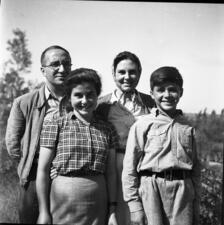
Ada Ascarelli Sereni
Ada Ascarelli Sereni helped thousands of Jews emigrate to Palestine during and after World War II following the death of her husband, a Jewish volunteer for the British army who parachuted into Nazi-occupied Europe.
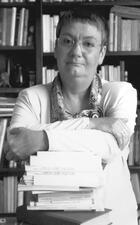
Clara Sereni
Clara Sereni was an Italian writer of Jewish descent. The rich legacy of her Jewish roots as well as her inherited passionate political commitment permeate all her narrative works. The act of writing offered Sereni an opportunity to articulate female subjectivity and language experimentation, providing a setting for exposing issues related to identity, politics of gender, disability, and ethnic diversity while building a new utopia.
Evelyne Serfaty
Evelyne Serfaty was one of the most active women in the Moroccan Communist Party. Through her activities with the party, she militated for Moroccan independence from French and Spanish colonial rule. She was kidnapped and tortured for her brother’s political activities in the early 1970s under Morocco’s post-independence authoritarian state.
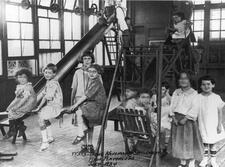
Settlement Houses in the United States
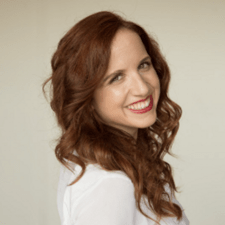
Stav Shaffir
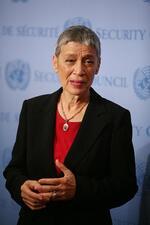
Gabriela Shalev
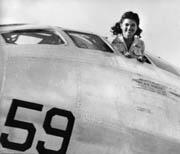
Gertrude Shapiro
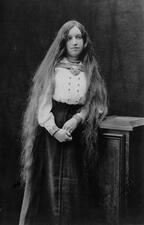
Havvah Shapiro
“Our literature lacks the participation of the second half of humanity.” Thus proclaimed the Hebrew writer Hava (Eva) Shapiro (1878-1943) in her 1909 feminist manifesto, the first ever in the Hebrew language. She was the most prolific female Hebraist of her era to remain in the Diaspora and the first woman ever to have kept a diary in Hebrew.
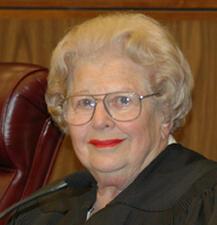
Norma Levy Shapiro
Norma Levy Shapiro’s Jewish background gave her a greater understanding of the evils of discrimination and social injustice, the blessings of liberty, and the importance of each individual’s efforts to make the world better. Her decisions as a lawyer were largely shaped by her Jewish values.
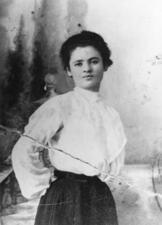
Clara Lemlich Shavelson
Clara Lemlich Shavelson pushed union leaders to recognize the importance of women in the labor movement and sparked the famous Uprising of the 20,000 garment workers strike in 1909. She continued her activism throughout her life, organizing around women’s suffrage and leading food boycotts and rent strikes.
She'erit ha-Peletah: Women in DP Camps in Germany
Family played an important role in the lives of Holocaust survivors in DP (displaced persons) camps – in 1947, the birth rate in DP camps was one of the highest in the world. Women served as teachers and eager students, and they were active in the effort to open immigration to Palestine.

Judith Sheindlin
For two and half decades, former New York family court Judge Judith Sheindlin has riveted daytime viewers, racked up awards, and sold thousands of books to people hungry for the tough love of a tough Jewish mother. Millions of viewers who watch Judge Judy every day are treated to many Yiddish words and wisdom the jurist uses on a parade of deserving participants who enter her TV studio courtroom.

Shelamziyyon Alexandra
Mindel Cherniack Sheps
As a pioneering physician, biostatistician, and demographer, Mindel Cherniack Sheps was acutely aware of the role science could play as a powerful social force. She taught that peace, social justice, and science were inextricably bound; humanism in any field must be based on social equity and knowledge.
Amy Sheridan
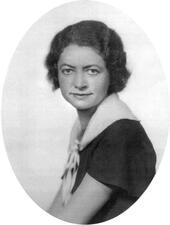
Anna G. Sherman
Anna G. Sherman was one of the unsung heroes of the Hebraist movement in the United States. She taught Hebrew classes at the Teachers Institute of the Jewish Theological Seminary for nearly forty years, inspiring hundreds of students, mostly adult women, to connect to their Judaism through the study of Hebrew.
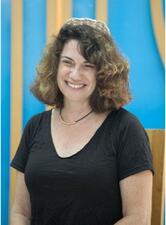
Kinneret Shiryon
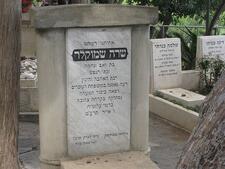
Sarah Shmukler
Sarah Shmukler was a nurse and midwife who emigrated to Palestine from the Russian Empire during the Second Aliyah period. Her short life was characterized by providing medical assistance to migrant workers in Palestine and by close friendships with her fellow pioneers.
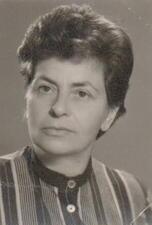
Sarah Shner-Nishmit
Polish author and historian Sarah Shner-Nishmit traveled constantly to evade capture during World War II, working at a labor camp and joining a partisan group. Shner made aliyah in 1947 and subsequently began her writing career, which included children’s books and historical research. She also helped found Kibbutz Lohamei ha-Getta’ot, where she lived until her death.
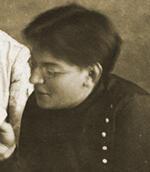
Mania Wilbushewitch Shochat
Zionist and socialist, radical and revolutionary, Mania Shochat left behind her labor activism in Russia to come to Palestine, where she initiated the country's first collective settlement and helped to establish the Jewish defense group Ha-Shomer.


